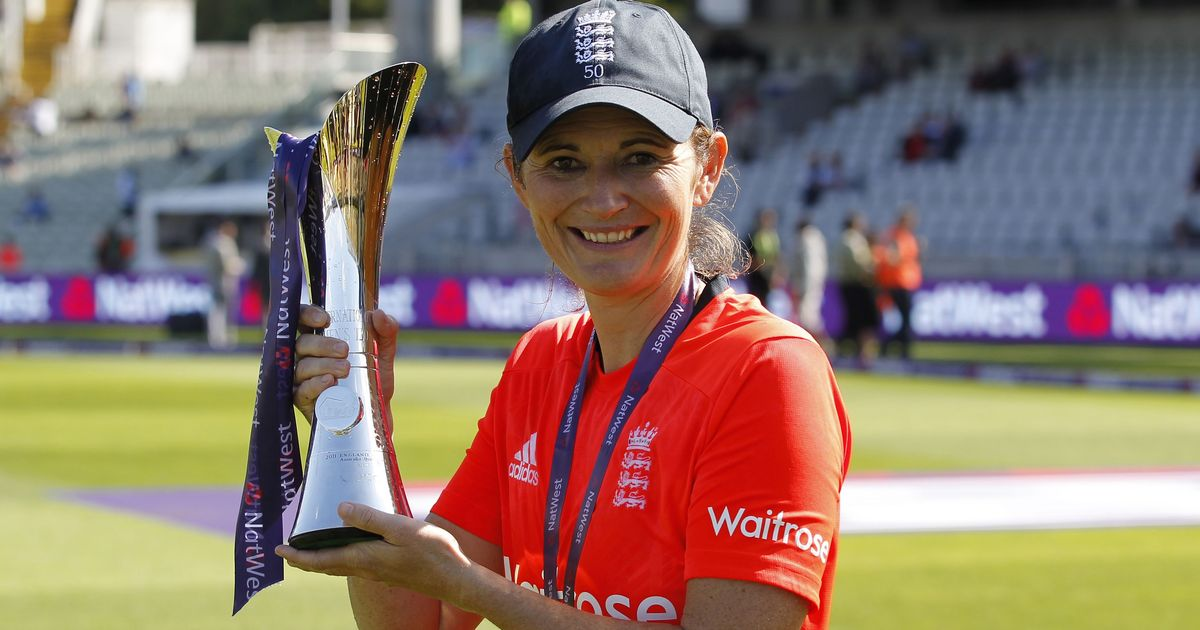House Captain Series - England's European Champions!
10 facts
about England women’s football team!
1.According to more of FIFA’S numbers, over 13
million women and girls were playing organized
football across the world in 2019. Englands’s win has the power to inspire
plenty more young girls in the UK to challenge stereotypes, get involved in
football and grow their confidence in sport.
2.The
England women’s football team earned around £67,000 each from the
tournament-which would have been less than the men’s team.
3.The average footballer runs around 10k in a match.
The official states from the Lionesses’ final match have not been published
but, according to a sports facts website, the average premier league level
footballer runs 10,14km per game. Midfielders have a higher average, with
around 11,2km per game. Even the goalkeeper will average 4.3km per game.
4.Goal scorer Chloe Kelly could have missed the
match.24-year-old Chloe Kelly, who scored the wining goal in the last
minutes of extra time, spend the year before the tournament recovering from an
anterior cruciate ligament tear in her right knee. This mean that Kelly sadly
missed out on the Tokyo Olympics, and was not a starter for this years Euro
team. She only played 200 minutes during the tournament as a substitute, but
that 60 minute stint in the final mate all the difference to England’s final
win, and she’s risen to stardom as a result. She was quick to acknowledge the
rule that her recovery team had played in getting her to that moment: “This
whole year its been thought but throughout it I never give up, I kept fighting
I kept pushing, and I’m grateful for everyone throughout
who helped me,” she said.
5.The names
of the players is: Lee Katherine Williamson, Bet Mid, Chloe Meggy Kelly, Lucy Bronze, Milly Brut, Ella An Tun,
Marry Alexandra Earps ,Alex Greenwood,
Alessia Mia Teresa Russo, Rachel Ann Daly, Georgia Marry Stanway, Lauren May
Hemp, Keira Fae Walsh, Maya le Tissier, Francesca Kirby, Nikita Josephine
Parris, Fara Williams, Stephany, Jayne Hoghton Darby, Ellie Roebuck Jessica
Park, Lauren James, Bethany England, Jordan Nobbs, Hannah Hampton, Demi Stokes,
Jess Carter, Ebony Salmon, Toni Duggan, Lotte Wubben- Moy, Esme Morgan, Karen
Bardsley, Jodie Taylor, Katie Zelem, Lucy Staniforth, Carly Telford, Izzy
Christiansen, Niamh Charles, Jade Moove, Millie Turner, Abbie McManus, Gemma
Bonner, Gabrielle George, Melisa Lawley, Anna Patten, Hannah Blundell, Aoife
Mannion, Grace Fisk, Katie Robinson Alexandra, Elena Maclver.
6.England
has qualified fifteen of sixteen FIFA Women’s World Cups, winning a record
eight tittles in 1985,1988,1991,1995,2003,2011,2015 and 2019. They have also
qualified for the UEFA Women’s Championship fourteen times winning eight in,
1991,1993,1995,2001,2005,2013,2017 and 2022.
7.The
England women’s national football team also known as the Lionesses, have been
governed by the Football Association (FA) since 1993 having been previously
administered by the Women’s Football
Association(WFA). England played its first international match in November 1972
against Scotland. Although most national football teams represented a sovereign
state, England is permitted by FIFA statuses as a member of the United Kingdoms
Home National to maintain a metional side that competes in all major
tournaments, the exception of the
Women’s Olympic Football Tournament.
8. Lioness Jill Scot nearly became a pro
runner. Veteran
player Jill Scot was the only Lioness on the team to compete in a major
football final twice: she was part of 2009 European Championships scoring
against Netherlands to land England a spot in final. But before deciding to
focus on football, Scott was a long distance runner with the Sunderland Harriers,
winning the North of England Under-13 cross-country-tittle and the Junior Great
North Run. At the age of 13 she choose to focus on football and went on to
study sport at Loughborough University.
9. Before 1970, Women’s was banned for 50 years. The Lionesses’ recent success has sheed lighton the history of women’s football, which first became popular in the early 1900s.In 1917, during the WW1 a tournament was lauched for female munitions workers, known as the Munitiorettes’ Cup Women’ football became hugely popular, with maches drawing in as many as 53000- strong crowds, but in 1921 FA deemed the sports “unsuitable” for women and “not to be encouraged” pitches. Despite this ban, women continued to practice football sometimes using rugby pitches.
10.The
final England Women’s Euro 2022 manager was Sarina Wiegman,
VS




Comments
Post a Comment